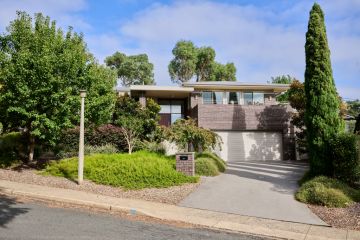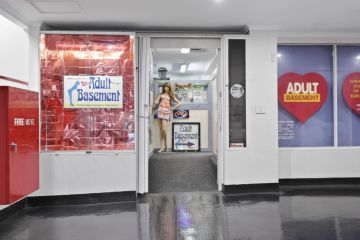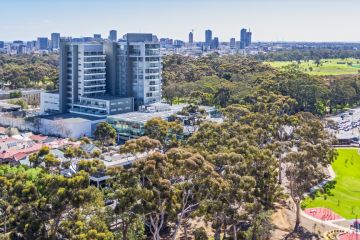Life-long renters face financial stress in retirement, new report says
If you do not own a home by the time you are in your late 40s, you will probably never own one — and you will probably be significantly poorer than those who do.
That is according to a paper released on Monday by Swinburne University, which found more Australians are renting in retirement and facing financial stress.
The study’s authors have called for the axing of the capital gains tax concession and the reinstatement of death duties, or a small inheritance tax, to reduce what they see as the widening wealth gap between homeowners and non-homeowners.
“Housing is a probably the key way of generating wealth, but people who are unable to purchase or fall out of home ownership will find that they don’t have as much wealth in retirement,” research author Andrea Sharam said.
The paper showed if you had not purchased property by mid life (45-49 years old), there was a strong likelihood you would not purchase thereafter.
Financial experts have previously advised “generation rent” — the growing cohort of young people priced out of the property market — would find it difficult to retire as wealthy as a property owner, largely because Australia’s retirement income system is predicated on owning a home outright in retirement.
But the study, from Swinburne’s Institute for Social Research, shows an increasing number of older renters are already experiencing housing insecurity and impoverishment.
There are close to 426,000 Australians over the age of 50 years living alone or with a partner in private rentals, but population projections suggest there would be 832,319 by 2050.
“That will put a lot of pressure on the pension system and even more pressure on the rental market, which does not cater to older people on low incomes as it is,” said National Shelter executive officer Adrian Pisarski said.
For Leigh Evans, 41, purchasing a property has never been an option. She is currently house sitting in Coburg, in Melbourne’s north, but sees her housing future as insecure.
“I grew up poor, both my parents never owned a home when I was younger … so I never had that expectation,” the business analyst and author said.
Ms Evans said the research made her retirement situation appear bleak.
“I look forward to dying early,” she laughed. “It’s gallows humour but the situation is real — it’s homelessness.
“I think that it’s well beyond time that Australia stopped keeping alive this delusion that the quarter acre block dream still exists for many people.”
The study also showed that in the older age brackets, 65 to 69 year olds, the wealthiest segments were those who owned both their own home and other properties. Yet the net wealth of such owners slipped between 2003 and 2013, likely because they had taken on more debt relating to the leveraging of those other properties, Ms Sharam said.
Several policy recommendations have come out of the analysis, including increased investment in social housing, as well as tax policies that discouraged people buying property for capital gains.
“Because that’s just creating house price inflation, which makes it hard for people to enter into home ownership in the first place,” Ms Sharam said. “These people have been given a lot of public money in effect [from tax breaks], so its entirety reasonable that they could give some of it back at the point in time where it does not hurt them and their heris, and it goes into social housing.”
But the Victorian Property Council executive director Sally Capp said removing the capital gains concession would be counterproductive and would result in less investment in residential property construction.
While the council had no formal position on reintroducing death duties, Ms Capp said, the Victorian government did not need to introduce new taxes to fund its affordable housing ambitions.
We recommend
States
Capital Cities
Capital Cities - Rentals
Popular Areas
Allhomes
More
- © 2025, CoStar Group Inc.







